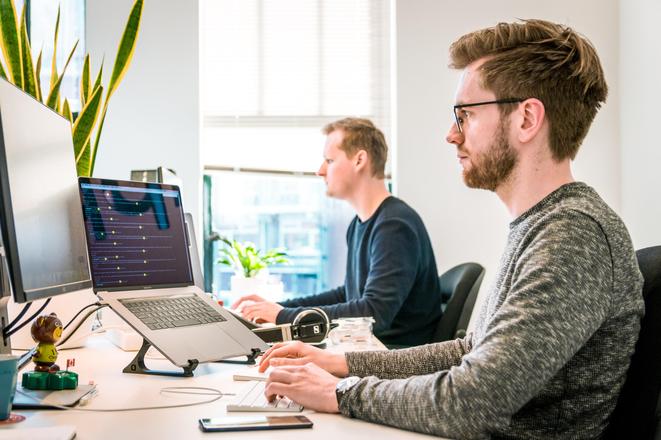This article was published in the Career & Employment Guide 2021, our special annual publication focused on the labour market, human resources and education.
This summer the labour market will see the arrival of many secondary-school graduates who opt not to continue their studies at university.
Similar to students from the previous 2019/2020 school year, they will not face the final school leaving exam, the maturita, before they formally graduate from school and make their way to their first full-time jobs. And, unlike their predecessors whom the pandemic caught in a situation for which they were unprepared but only lasted a few months between March and June, the 2020/2021 cohort of secondary school graduates spent most of their last school year in remote learning. Schools across the country closed amid the rising second pandemic wave in mid-October, and did not re-open until just about two months before the end of the school year.
“It is very difficult to assess what chances these graduates will have,” says Nikola Richterová, PR manager of Profesia, Slovakia’s leading website for job ads. Most of the ads on Profesia require secondary-school graduation, she noted.
Labour market watchers agree that remote learning and the inevitable lack of practical training that it involves, may have a negative impact on secondary school graduates arriving to the market to a certain extent. Much depends on which position a graduate applies for, what they have been doing during their studies and not least on their personality and their drive to train on the job.
“There is no single answer for all types of schools and all employers,” said Robert Chovanculiak, education analyst of the INESS non-governmental think-tank. “The more a school is specialised and practice-focused, the more its graduates will lack the knowledge and skills [they would otherwise have acquired]. Subsequently, employers may show relatively lower interest in these ‘pandemic graduates.’”
Preparation was likely affected
The 2020/2021 graduates did most of their learning in their final year of secondary school from their rooms, learning remotely, which in most cases meant online classes.



 Illustrative stock photo (source: Unsplash)
Illustrative stock photo (source: Unsplash)